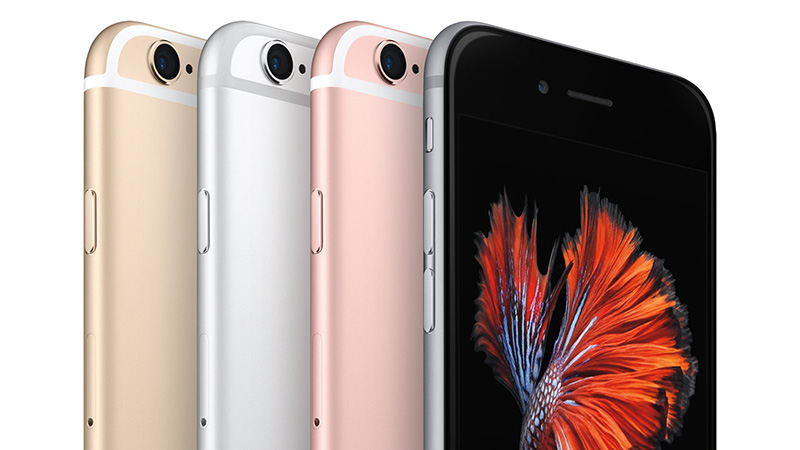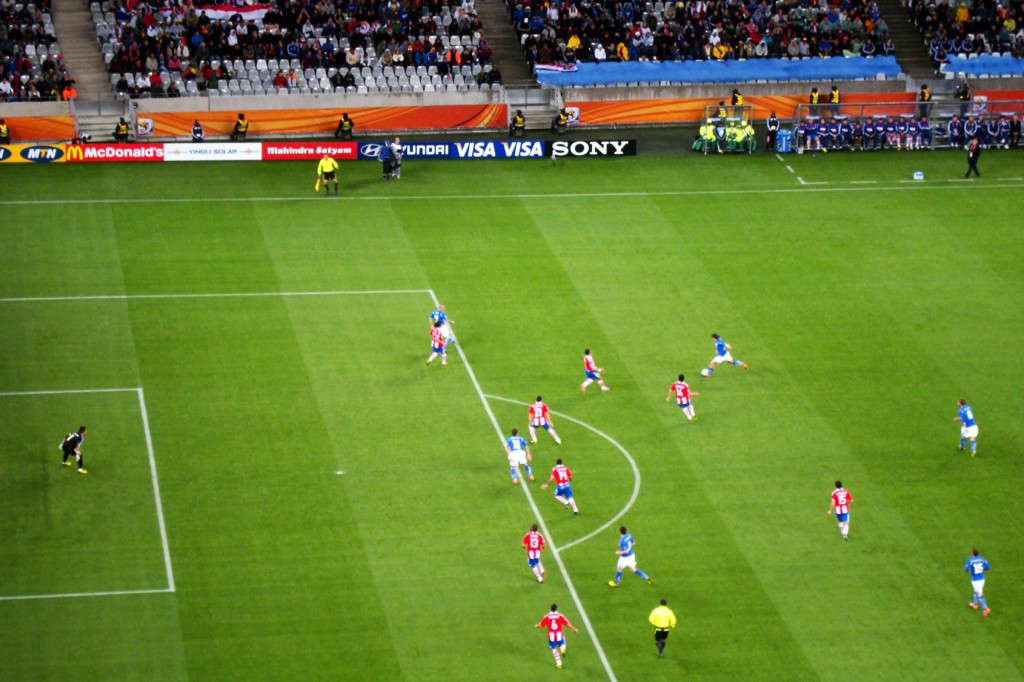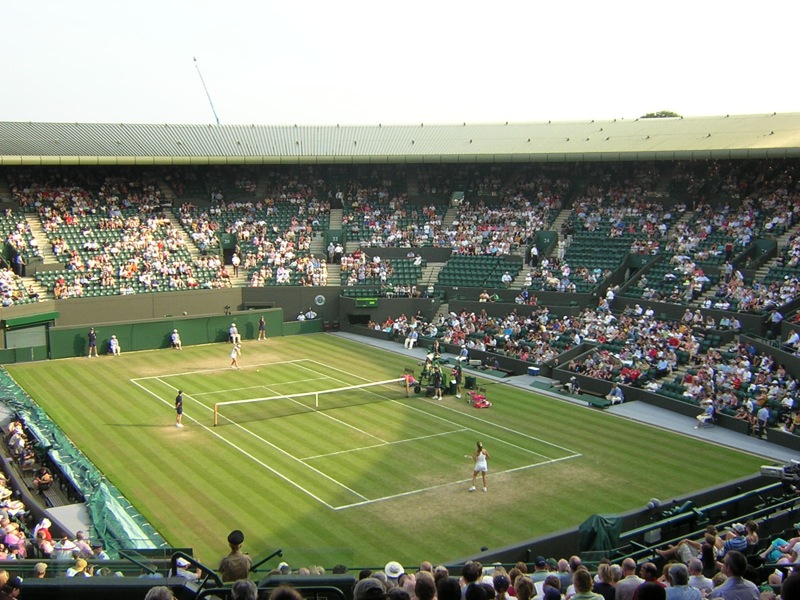
Slightly less than a year since the release of its iPhone 6 smartphone, on September 9, Apple has unveiled its successor, the iPhone 6S. The much-awaited iPhone 6S became available for pre-order in the U.S. starting on September 12, and will be in physical stores on September 25.
While the exterior design and size of the new smartphone is the same as that of the previous model, the 6S is made from a higher grade aluminum alloy and has a more resilient glass screen. Its most exciting improvements are inside the case, however. Internally, both the iPhone 6S and the iPhone 6S Plus sport a 64-bit A9 processor, an M9 motion co-processor, as well as a new and improved 12-megapixel camera which can take high definition video at 30 frames per second and capture stunning 63 megapixel panoramas. The camera on the iPhone 6S comes with an additional shooting mode called Live Photos, which captures 1.5 seconds of video before and after a photo has been taken, turning still life photos into short videos.
But possibly the new model’s most striking innovations are those having to do with the interaction between the user and the phone itself. Its second-generation Touch ID detects fingerprints twice as fast, while the touch screen comes with a feature called 3D Touch. This impressive capability detects the differential pressure applied by the user’s finger, in effect adding an extra dimension to the level of control over the touch screen. This new multi-touch capability is complemented by a redesigned haptic feedback system, the Taptic Engine, generating the device’s responses to 3D Touch gestures.
The connectivity abilities of the iPhone 6S also represent a major leap as compared to those of its predecessor. The new model’s LTE Advanced technology allows it speeds of up to 300 Mb/s on LTE, which makes the 6S twice as fast as the older model. The Wi-Fi speeds of the iPhone 6S are also twice those of the iPhone 6, at a blazing 866 Mb/s.
The new smartphone comes in a selection of 16, 64, and 128 GB of memory and four finishes: Silver, Gold, Space Gray, and the new Rose Gold.
Pricing in the U.S. varies as follows: with a two-year carrier contract, the iPhone 6S can be purchased for $199, $299, and $399 for a 16, 64, or 128 GB model, respectively. Without a contract, the iPhone 6S will set the buyer back $649, $749, or $849 for those respective models. For the iPhone 6S Plus, the numbers increase by $100 across the board from those of the iPhone 6S for all options.
The iPhone 6S comes powered by Apple’s iOS 9 operating system, also available for download by the general public as of September 16.


 There may be no sporting event that is driven by emotion than the World Cup.
There may be no sporting event that is driven by emotion than the World Cup.